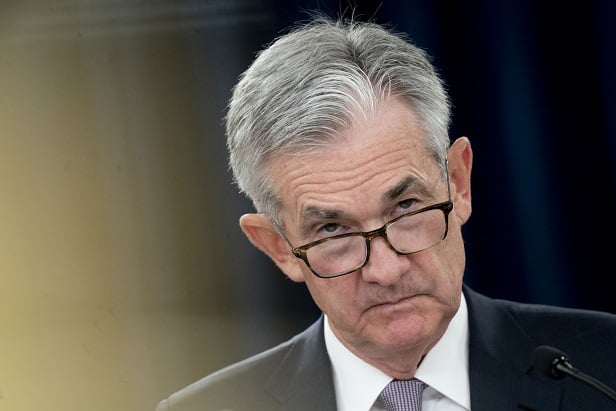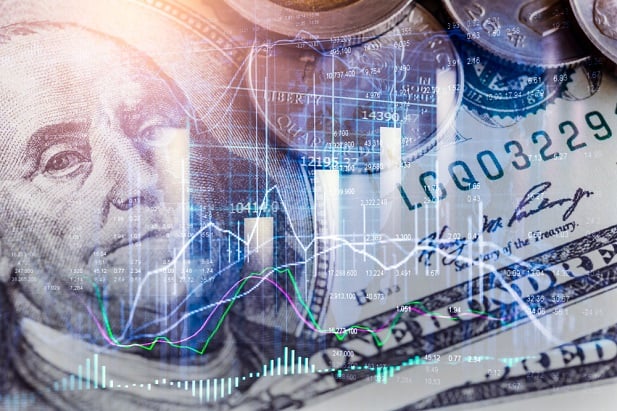About The Author
CONNECT WITH THIS AUTHOR
February 02, 2023
May 10, 2019
February 08, 2018
December 14, 2017
February 11, 2016
April 06, 2015
March 14, 2014
January 02, 2014
Trending Stories
- 1Stop HSA Headaches: Helping Clients Choose the Right Provider
- 2Armed man causes UnitedHealthcare buildings to lock down
- 3Trump tells DOL to develop PBM transparency regulations to lower drug prices
- 4Biden breaks silence to slam Trump over Social Security cuts
- 5Alternative Health Plan Designs: Key to Keeping Employers in the Market?



